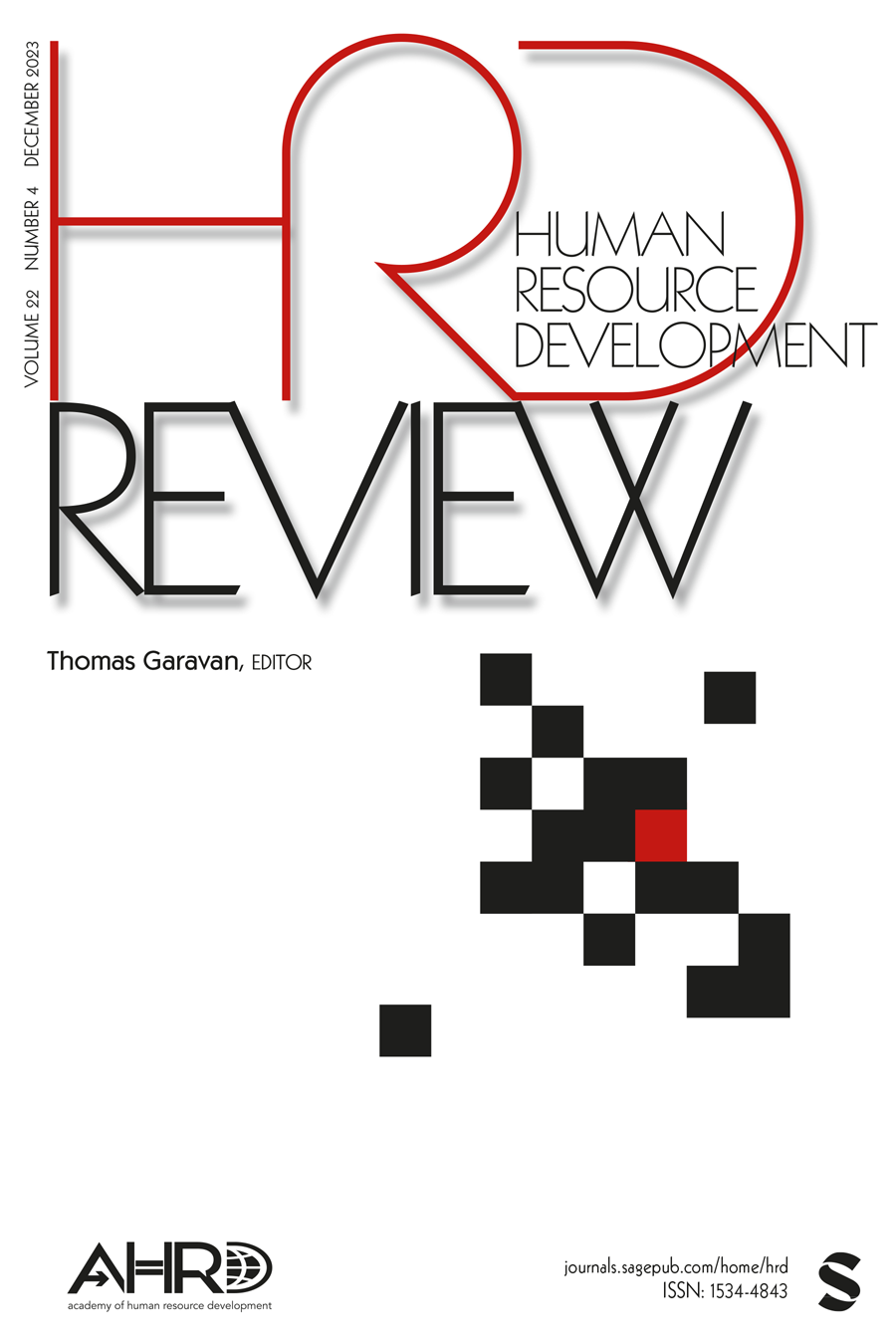Moving People Analytics From Insight to Impact
IF 4.6
3区 管理学
Q1 MANAGEMENT
引用次数: 0
Abstract
In this paper we take stock of the current state of People Analytics and identify ways to increase business impact. We suggest a fourth wave of people analytics, which focuses on impact in MY company, not compared to someone else (benchmarking, reporting), not just mimicking someone else (best practice), and not being enamored with the research methodologies (predictive analytics). This pivots people analytics towards answering questions of value to your key stakeholders (employees, senior management and boards inside and investors, customers and communities outside the organization) instead of questions mostly relevant to HR professionals or regulators. We outline a guidance framework for how people analytics can help shape practical solutions for your company to outperform in areas relevant for you. We argue a focus on guidance will amplify the business impact of people analytics, making it more relevant for management actions.将人员分析从洞察力转变为影响力
在本文中,我们对人员分析的现状进行了评估,并确定了增加业务影响的方法。我们建议进行第四波人员分析,重点关注对我公司的影响,而不是与他人进行比较(基准测试,报告),而不仅仅是模仿他人(最佳实践),并且不迷恋研究方法(预测分析)。这将使人员分析转向回答对关键利益相关者(内部员工、高级管理层和董事会以及投资者、客户和组织外部社区)有价值的问题,而不是主要与人力资源专业人士或监管机构相关的问题。我们概述了一个指导框架,说明人员分析如何帮助您的公司在与您相关的领域中脱颖而出。我们认为,对指导的关注将扩大人员分析的业务影响,使其与管理行动更加相关。
本文章由计算机程序翻译,如有差异,请以英文原文为准。
求助全文
约1分钟内获得全文
求助全文
来源期刊

Human Resource Development Review
MANAGEMENT-
CiteScore
9.60
自引率
17.20%
发文量
35
期刊介绍:
As described elsewhere, Human Resource Development Review is a theory development journal for scholars of human resource development and related disciplines. Human Resource Development Review publishes articles that make theoretical contributions on theory development, foundations of HRD, theory building methods, and integrative reviews of the relevant literature. Papers whose central focus is empirical findings, including empirical method and design are not considered for publication in Human Resource Development Review. This journal encourages submissions that provide new theoretical insights to advance our understanding of human resource development and related disciplines. Such papers may include syntheses of existing bodies of theory, new substantive theories, exploratory conceptual models, taxonomies and typology developed as foundations for theory, treatises in formal theory construction, papers on the history of theory, critique of theory that includes alternative research propositions, metatheory, and integrative literature reviews with strong theoretical implications. Papers addressing foundations of HRD might address philosophies of HRD, historical foundations, definitions of the field, conceptual organization of the field, and ethical foundations. Human Resource Development Review takes a multi-paradigm view of theory building so submissions from different paradigms are encouraged.
 求助内容:
求助内容: 应助结果提醒方式:
应助结果提醒方式:


